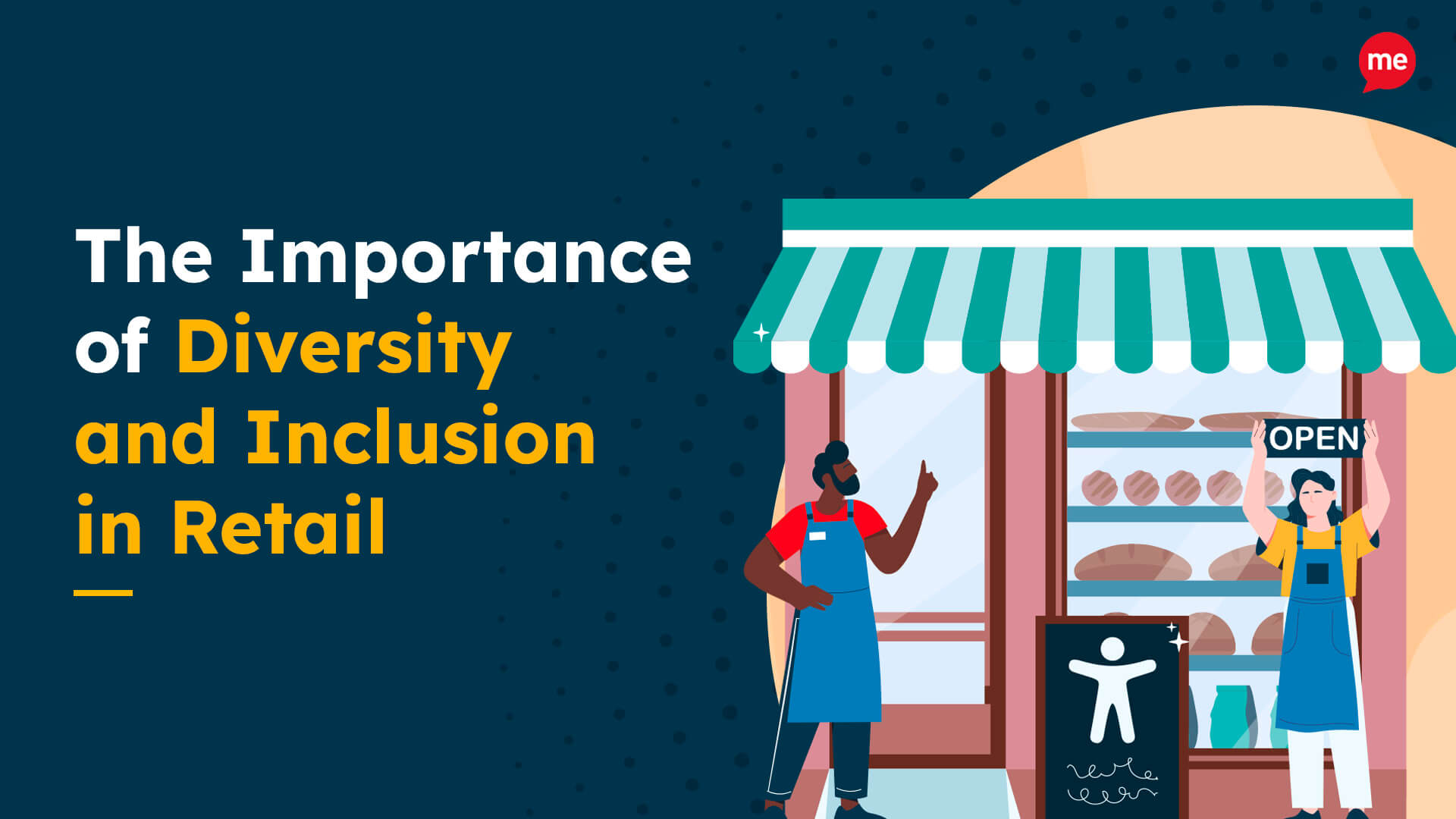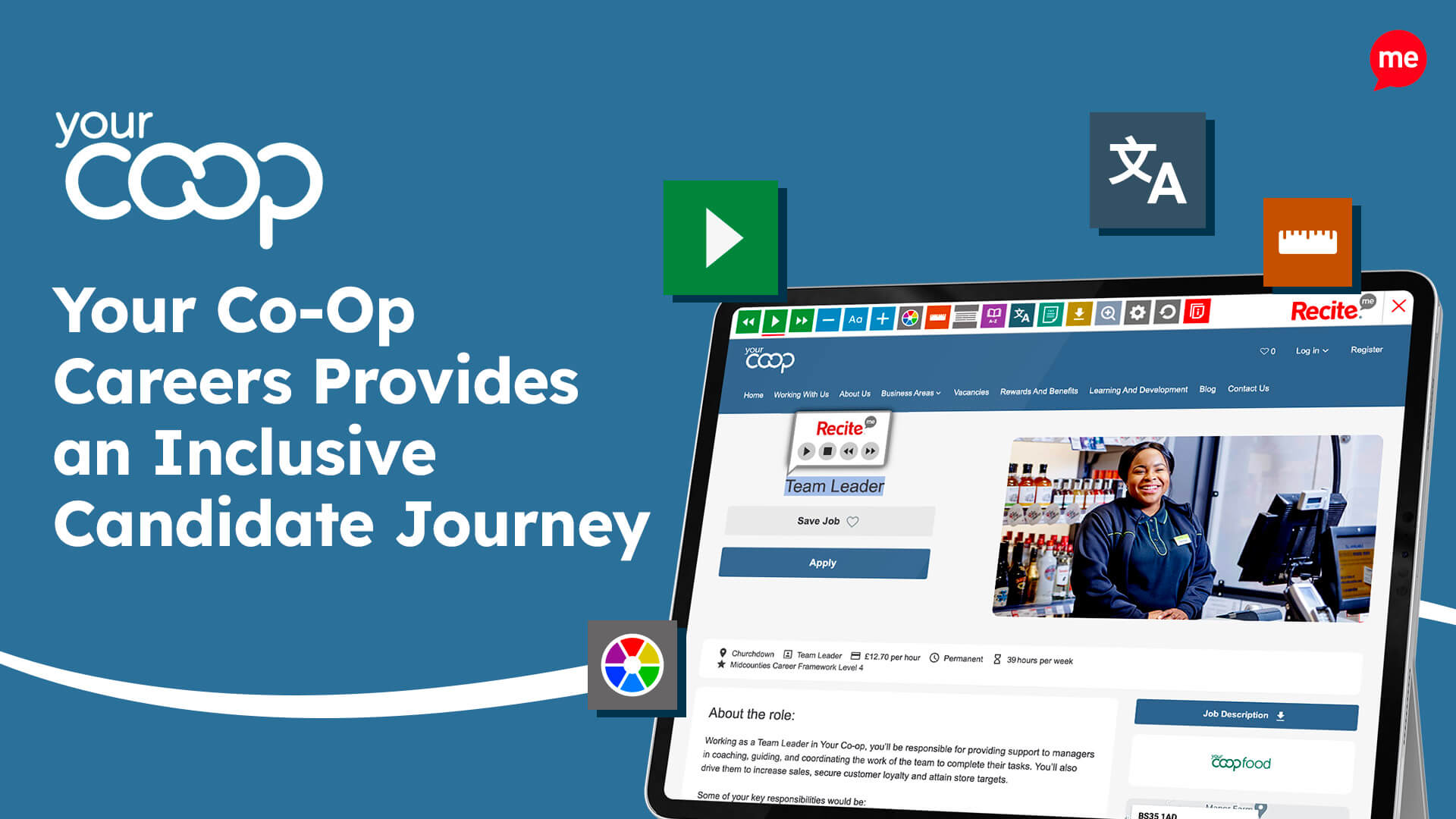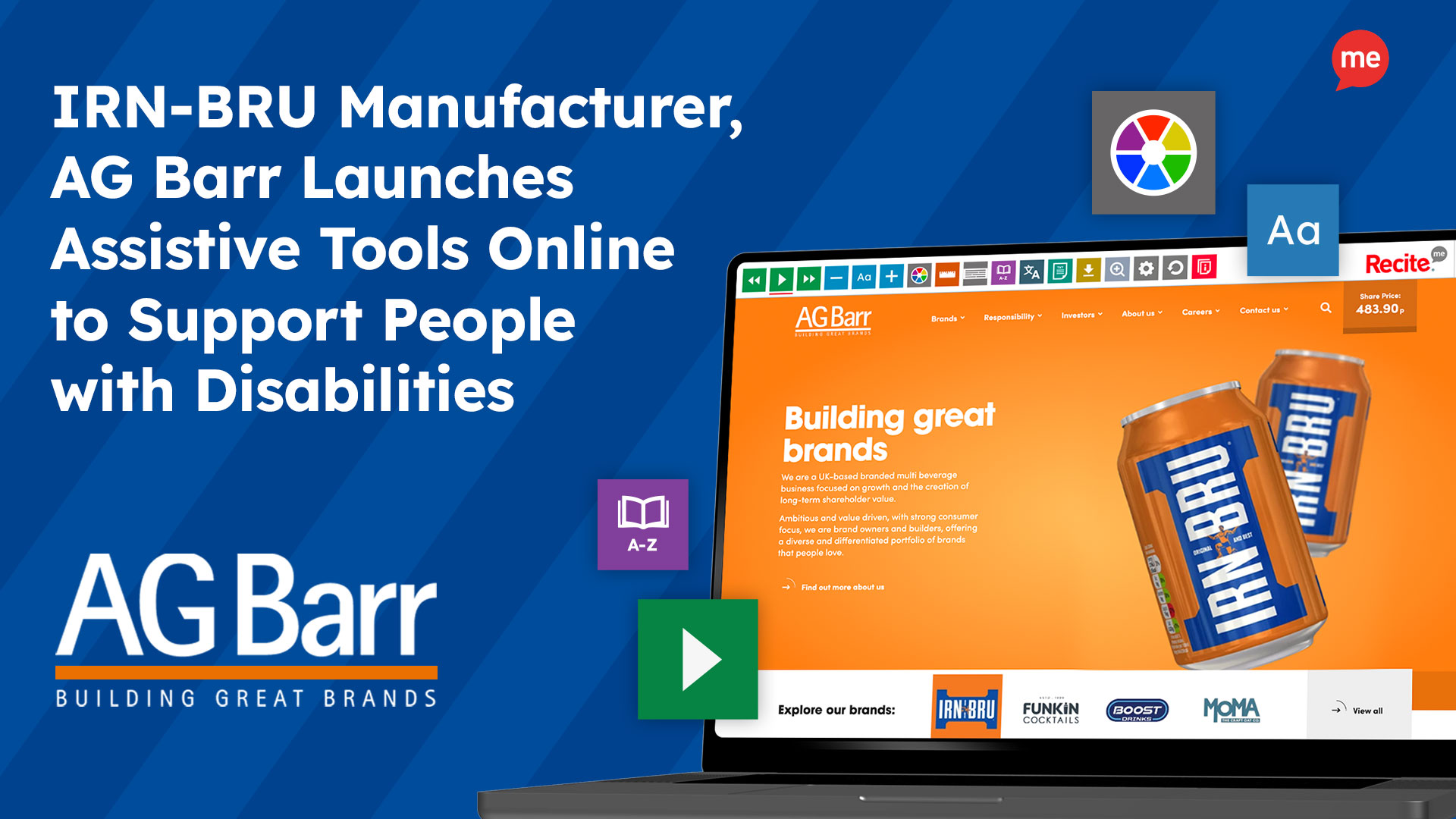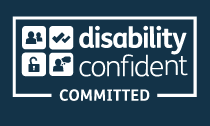The results of the recently released Click-Away Pound 2019 survey show that nearly three-quarters of disabled online consumers (69%) will click away from websites that they find difficult to use due to the effect of their disability.
This represents 4.9 million online shoppers with a collective purchasing power of £17.1 billion, which is around 10% of the total UK online spend. To reiterate, this means UK retailers lose out on £17 billion every year by failing to meet the online needs of shoppers with disabilities.
We recently caught up with Rick Williams, Click-Away Pound survey co-author and Freeney Williams co-founder, to ask him what has changed since 2016, now here’s our take away of six key points from the report.
The online spending power of people with access needs in the UK is now £24.8 billion.
The number of people with disabilities online with access needs has risen from 6.10 million in 2016 to 7.15 million in 2019. As these numbers have grown so has the combined spending power, to just under £25 billion. The size of this market underlines just how big the potential opportunities are for businesses to meet these access needs online.
The click-away pound in the UK in 2019 now stands at £17.1 billion
Whilst the total online spending power above has increased to nearly £25 billion, 70% of people with access needs will click away from an inaccessible website. This means that UK businesses are missing out on over £17 billion per year, up more than £5 billion from £11.75 billion in 2016. The fact that this figure is increasing and not decreasing shows that on the whole, UK businesses haven’t done what’s required to make their websites accessible since 2016.
86% of users with access needs would spend more if there were fewer barriers
This figure has increased since the 2016 report, when 82% of users with access needs said they would spend more if there were fewer barriers. This increase shows that more than ever people with disabilities will buy more from businesses that offer them a better and more accessible service online.
8% of users with access needs contacted the site owner about barriers they experience
This represents a small increase of 1% since 2016, but the rise shows that more people with disabilities are prepared to challenge businesses to make their websites accessible. But, as this number is so low, most businesses aren’t aware of how inaccessible their websites are.
83% of participants with access needs limit their shopping to sites that they know are accessible
Whilst this is 2% less than in 2016, it still shows that people with disabilities are much more likely to keep using a business’ website if it works well for them. Furthermore, 86% of respondents have chosen to pay more for a product from an accessible website rather than buy the same product for less from a website that was harder to use. Whilst 75% of users with access needs feel accessibility is more important than the price. This shows that people with disabilities will pay a small premium for better and more accessible service online.
35% of users with access needs use a smartphone as preferred device for online shopping
This has risen sharply from 9%, in line with the proliferation of mobile devices across the UK as a whole. At the same time, amongst users with access needs, the desktop computer as the preferred device has fallen from 38% to 24%, and the laptop from 38% to 29%. And amongst UK screenreader users, smartphone preference has risen from 11% to 41%. This shows how important it is for businesses to ensure their websites are accessible via mobile devices, not just desktop PCs.
1000’s of organisations already use Recite Me to make their websites more accessible for people with disabilities. To find out more or to book a demo please contact the team now.






